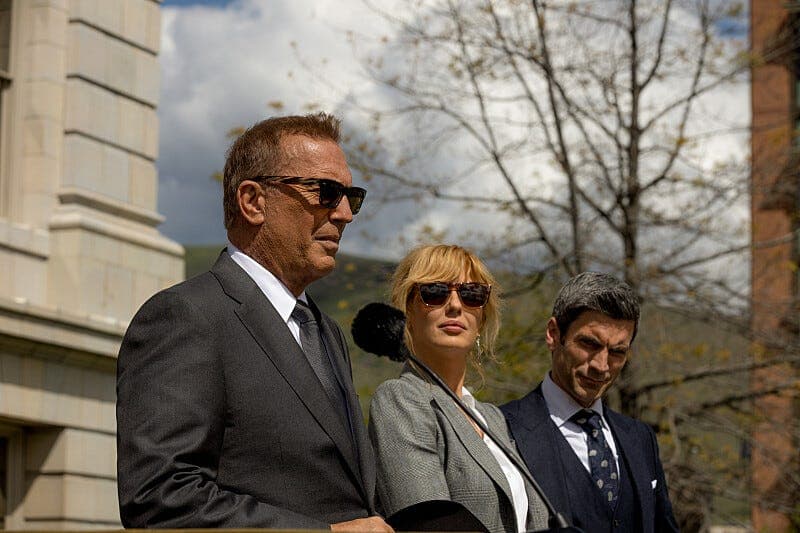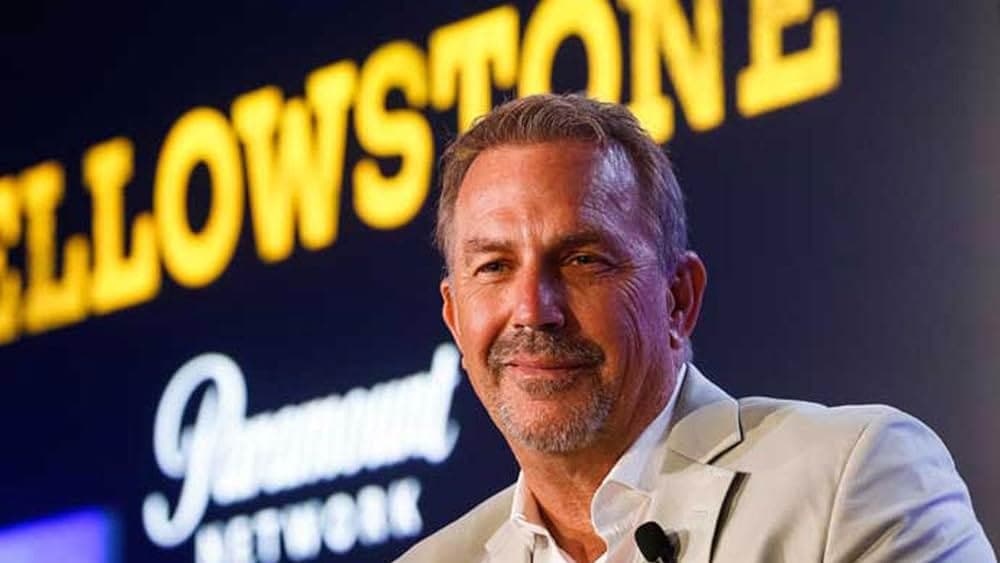
Reports say Yellowstone’s season 5 shoot got shut down after a physical altercation between Kevin Costner and Wes Bentley, with Costner ultimately leaving the set. The alleged spark? Tensions around off-script improvisation and who actually steers the show’s vision-Taylor Sheridan or its marquee star. On the surface, that’s pure tabloid fuel. But if you care about narrative craft and how stories survive production chaos, this is the same fight we see in games: auteur vision vs. star gravity, locked script vs. actor improvisation, pipeline sanity vs. “just one more big idea.”
One line reportedly tossed around-“J’ai signé pour une série de Taylor Sheridan, pas de Kevin Costner”—translates to, “I signed up for a Taylor Sheridan series, not a Kevin Costner one.” That sentiment rings familiar to anyone who’s watched a creative director try to hold a project together when a celebrity presence threatens to pull the narrative off course. As someone who’s sunk a hundred hours into Red Dead Redemption 2 and followed Sheridan since Sicario and Hell or High Water, this caught my attention because Sheridan is famously no-improv, precision-driven—and Yellowstone’s entire identity depends on that discipline.
The gist: during season 5 filming, a confrontation between Costner and Wes Bentley reportedly turned physical, the set paused, and Costner left. Layer in prior rumblings about off-script improvisations and who gets the final word, plus a cast and crew rallying around Sheridan’s “my script, my cadence” approach, and you have a production storm that feels inevitable more than shocking. The alleged quote about signing up for Sheridan, not Costner, sums up the fault line.
Here’s what matters more than the blow-by-blow: Yellowstone’s myth-making—land, legacy, and the cost of power—works because Sheridan writes like a marksman. He doesn’t sandbox tone or character choices. When a star adds their own flourishes, you risk hairline fractures that audiences can feel in the edit. TV sets can survive creative disagreements. They don’t survive dueling showrunners in practice.

Swap out “showrunner” for “game director” and it’s the same battlefield. Think Hideo Kojima’s laser-focused authorship, or Neil Druckmann’s lockdown on character arcs. Even Rockstar’s vaunted performance capture pipeline runs on discipline; you can’t let big names riff their way through scenes when you’re stitching together thousands of animation clips and branching logic. The minute a celebrity presence dictates schedule or tone, you risk a Cyberpunk-style identity wobble—great moments, uneven cohesion.
That’s why this Yellowstone dust-up reads like a cautionary tale for studios eyeing celebrity-led projects. Casting stars can amplify theme (Keanu in Night City worked when framed, not centered), but the moment the star becomes the gravitational center, your narrative starts orbiting their availability and preferences. Players feel that in tonal whiplash and scenes that play like stitched promos instead of story.
Sheridan’s response to friction has been predictable and smart: expand the universe where he controls the rules. 1883 and 1923 double down on his thematic obsessions; 6666 (the Four Sixes Ranch project) and The Madison signal even more granular, place-driven storytelling. For transmedia, that’s a huge tell. If a Yellowstone-adjacent game ever happens, it will only work if it follows Sheridan’s playbook: brutal moral calculus, land as a character, and power as a systems problem—not a generic cowboy shooter.

The alternative is the usual licensed trap: slap a brand on a mid-tier open world, trade depth for gunplay, and call it a day. Gamers will smell that a mile away, especially in a post-Red Dead world where the bar for frontier storytelling is sky high.
Beyond the headlines, the alleged Costner-Bentley clash is about protecting a narrative spine. Sheridan’s ecosystem thrives when one voice charts the map and everyone else rows. That’s not ego; it’s pipeline reality. Whether you’re shipping a prestige TV season or a narrative-heavy game, improvisation can be a spice, not the stew. Gamers aren’t allergic to stars; we’re allergic to stories bent around them.
Reports of a Yellowstone set fight are more than gossip—they spotlight the eternal tug-of-war between a creator’s vision and star power. Sheridan’s no-improv, auteur-first approach is exactly how you avoid licensed-game mediocrity. If this universe ever goes interactive, keep the script sharp, the systems moral, and the stars in service to the story.
Get access to exclusive strategies, hidden tips, and pro-level insights that we don't share publicly.
Ultimate Gaming Strategy Guide + Weekly Pro Tips